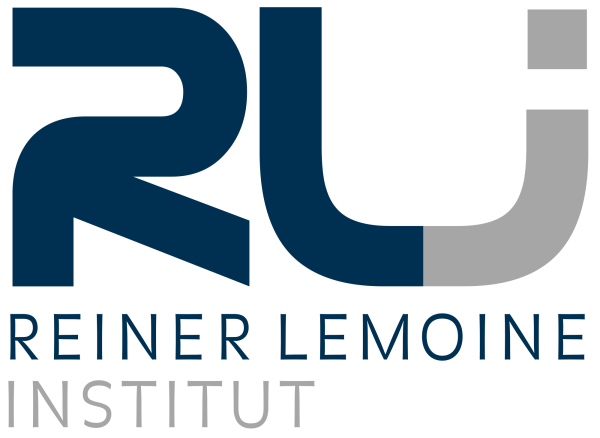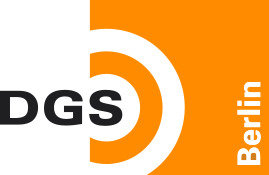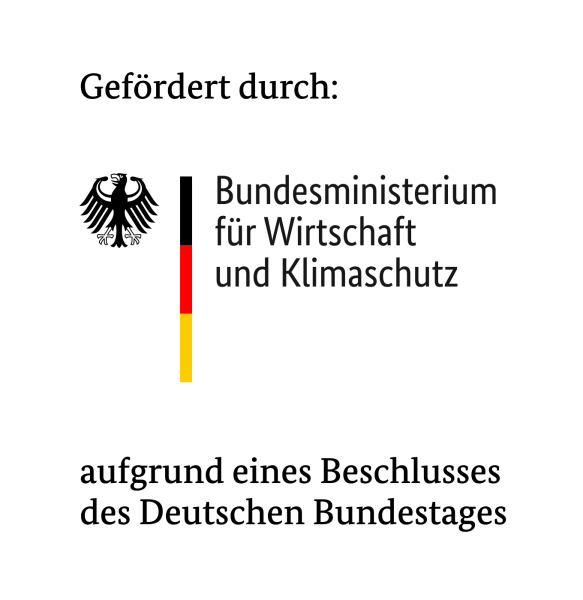Building energy transition – in dialogue with society
Building Dialogue
The building sector plays a decisive role in achieving the climate targets, as it accounts for 16 per cent of total emissions and 35 per cent of total final energy consumption. However, emissions in the building sector have only fallen slightly in recent years; in 2021, the annual emissions volume in the building sector stipulated in the Climate Protection Act was exceeded by two million tonnes of CO2 equivalents. In order to achieve the ambitious climate targets in the building sector, refurbishment and a switch to renewable energy sources must be accelerated. The acceleration of the heating transition in the building sector, which politicians are pushing for, is being hampered by a lack of knowledge in society. This relates both to the current level of requirements – e.g. due to new and very far-reaching requirements resulting from amendments to the BEG and the Building Energy Act (GEG) – and to the possible technical implementation options for a climate-neutral building. This is where the building-dialogue project comes in. In a transdisciplinary discourse and with the involvement of local energy agencies, the aim is to pave the way for greater acceptance and a better understanding of possible technologies for energy-efficient building refurbishment.
In the building-dialogue project, three dialogue formats are being developed that combine simulation and visualisation tools with innovative communication methods. These formats are being tested in two regions with an urban and rural character. A comprehensive participant evaluation will determine which type of communicative and dialogue-based measures are most likely to lead to competence building and comprehensive information for the target groups.
Laufzeit
10/2023 – 09/2025
Kooperationspartner
Reiner Lemoine Institut gGmbH

Institut für ökologische Wirtschaftsforschung (IÖW) GmbH

Deutsche Gesellschaft für Sonnenenergie Landesverband Berlin Brandenburg e.V., (DGS)

Gefördert durch
Bundesministerium für Wirtschaft und Klimaschutz (BMWK)
Im Rahmen des 7. Energieforschungsprogrammes

Kontakt
Franziska Sperfeld


